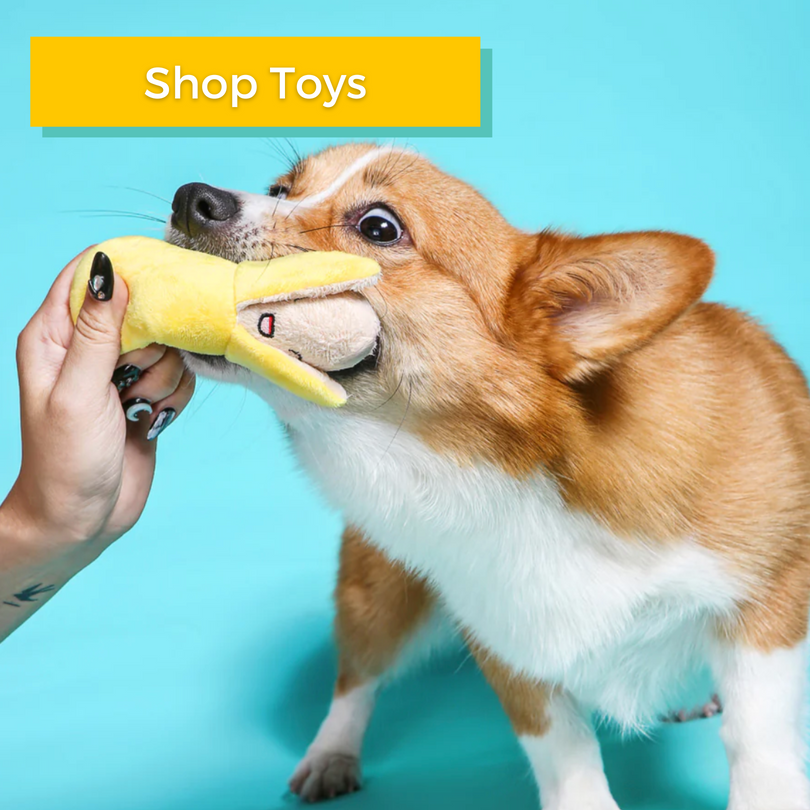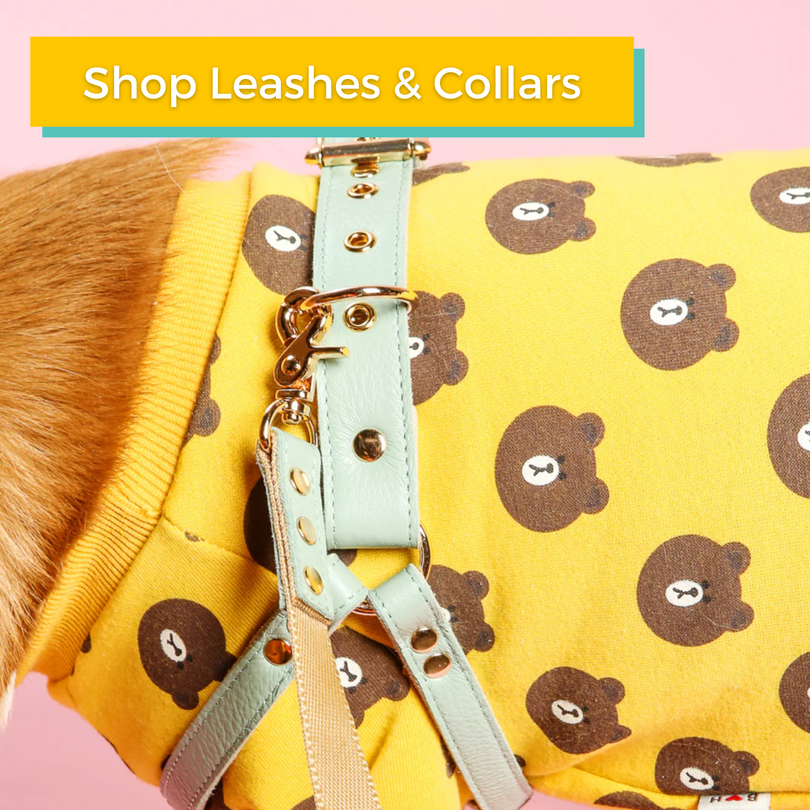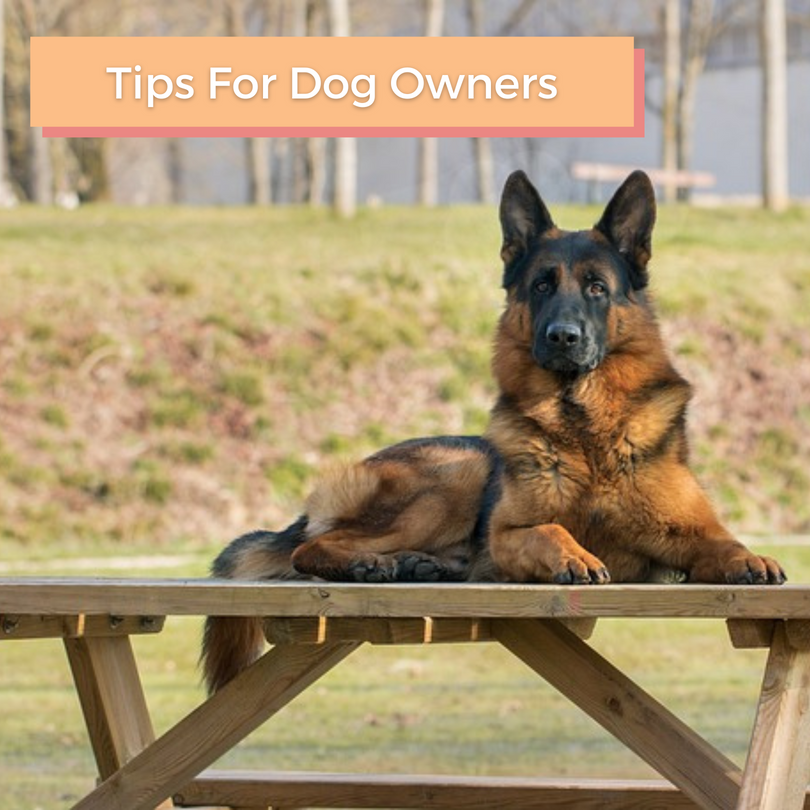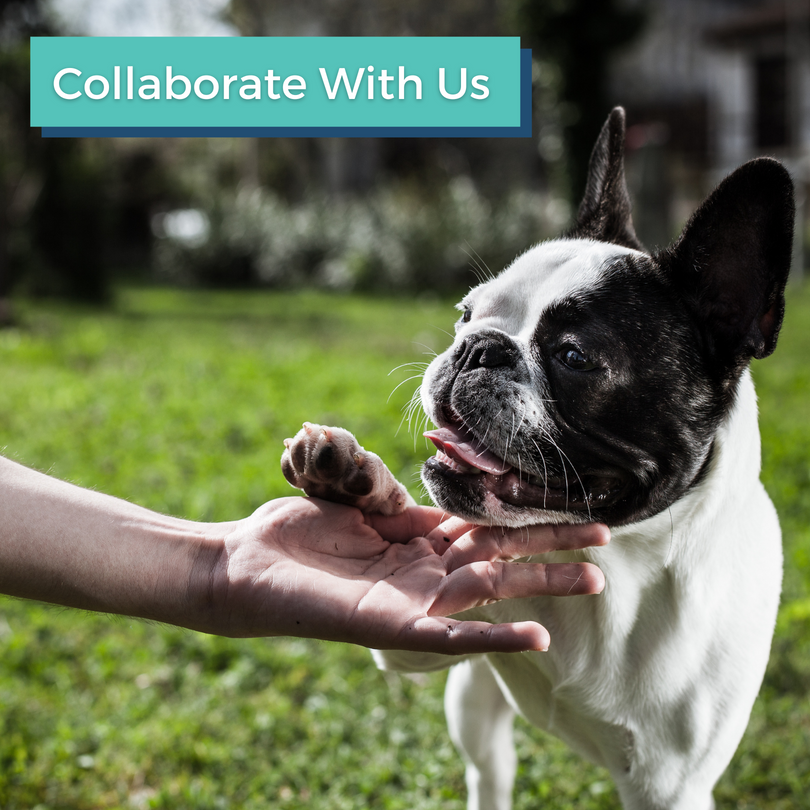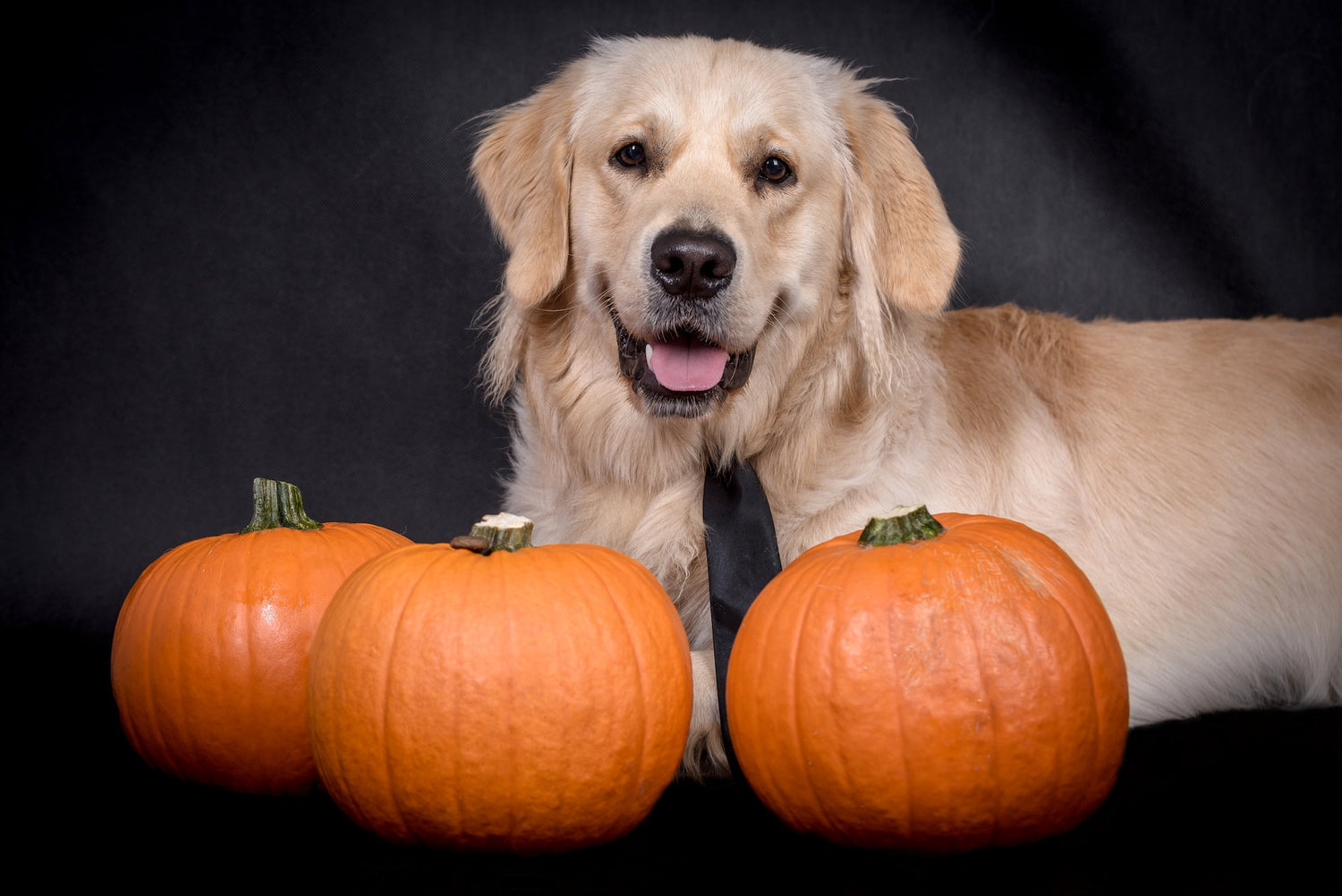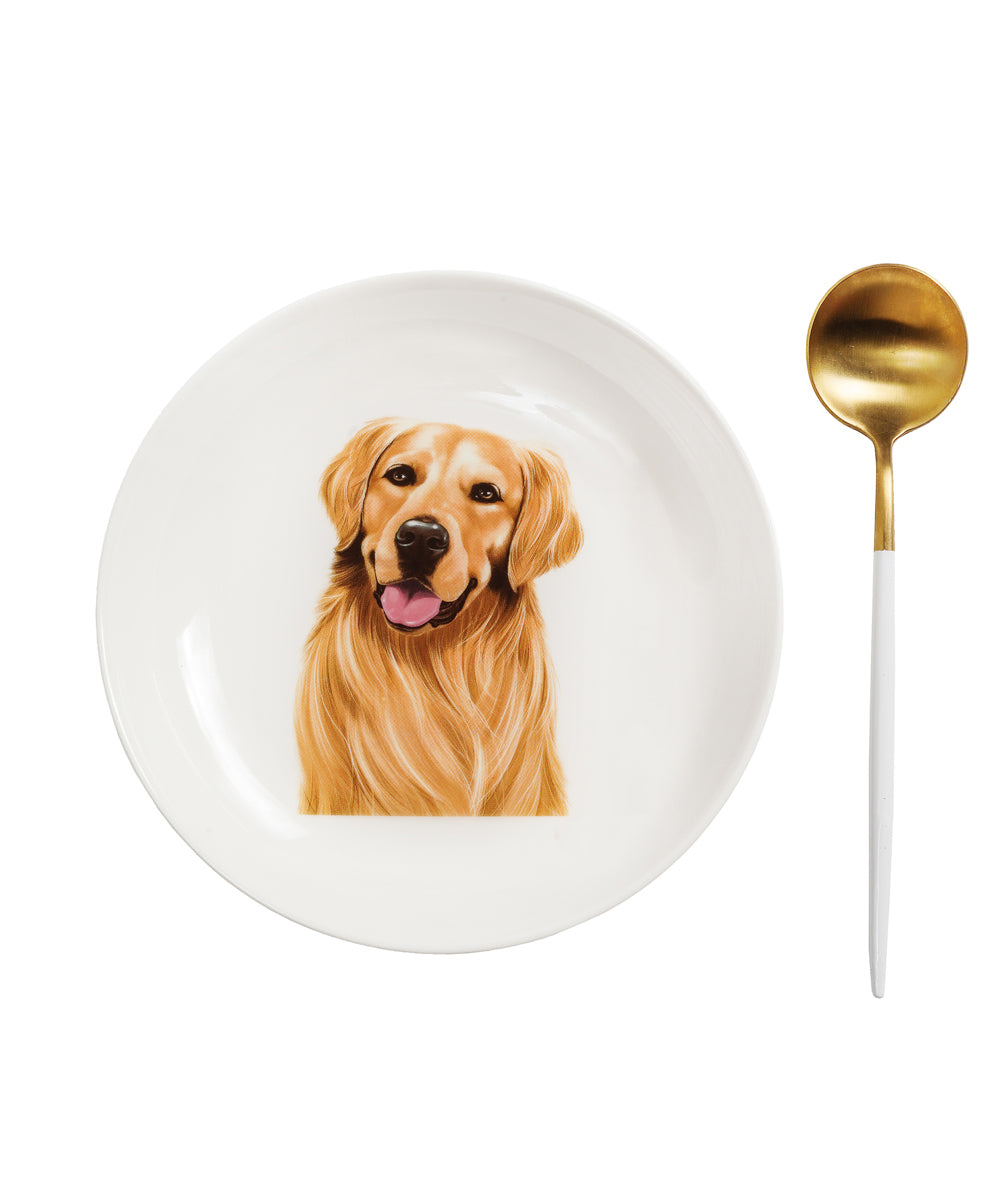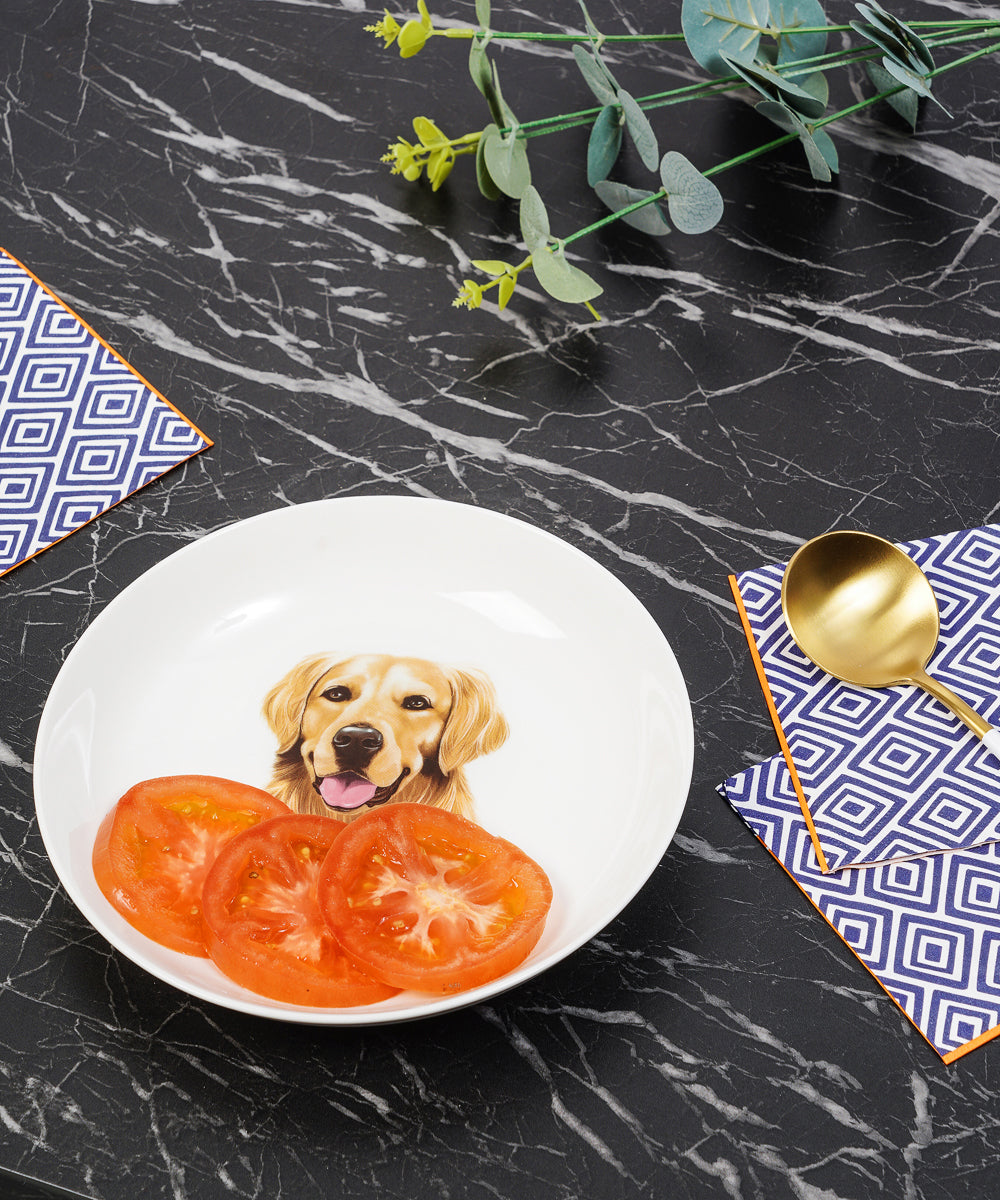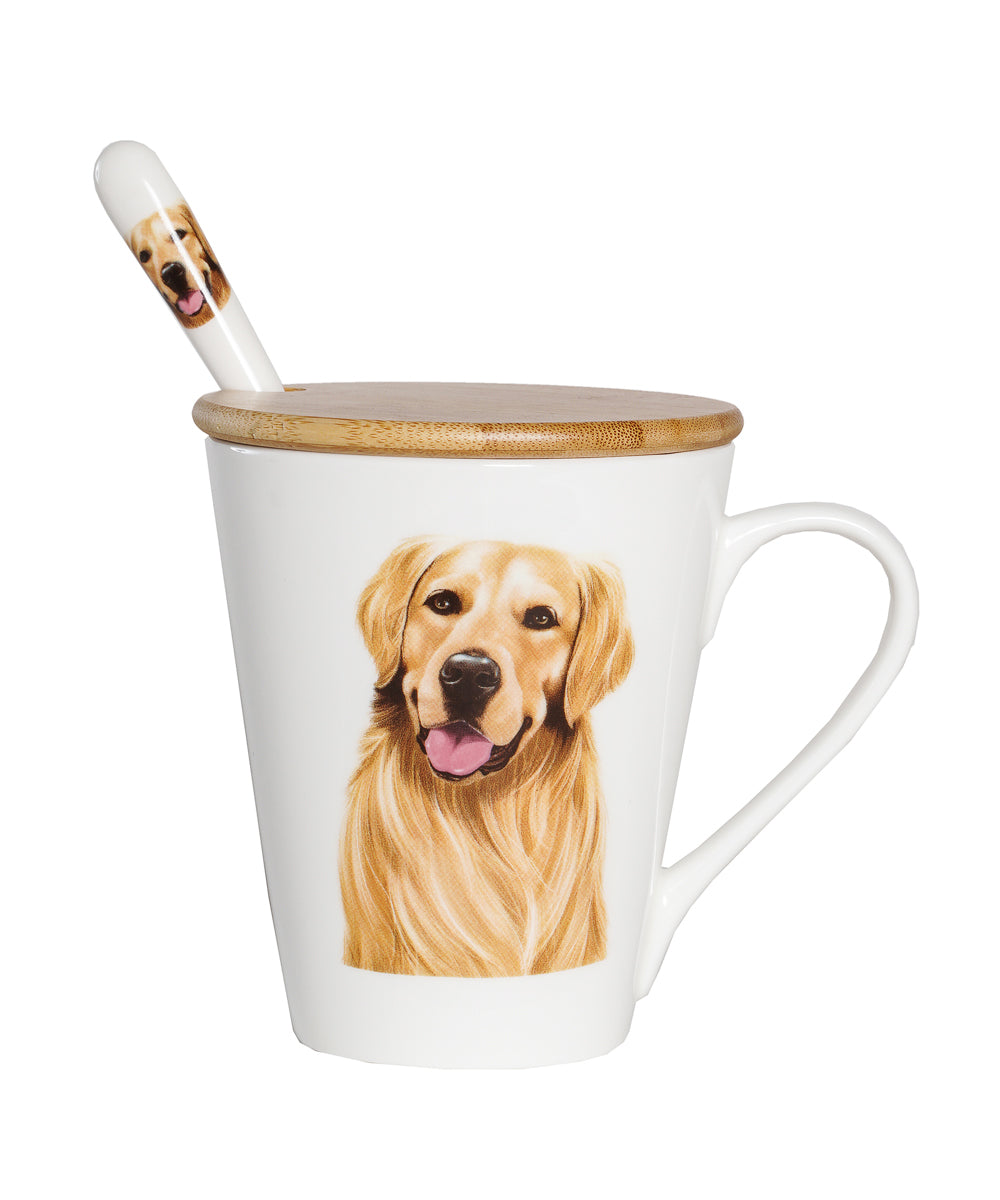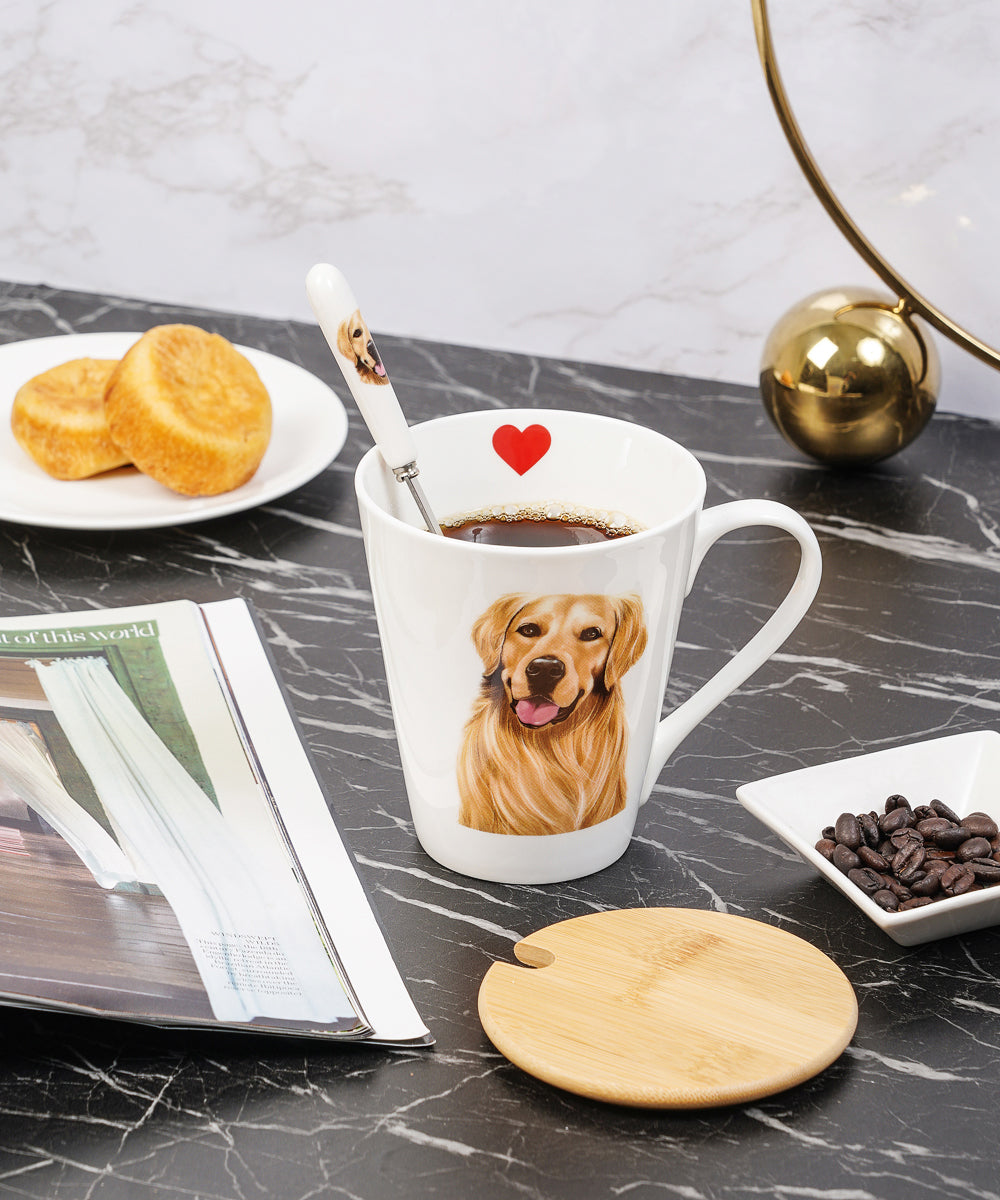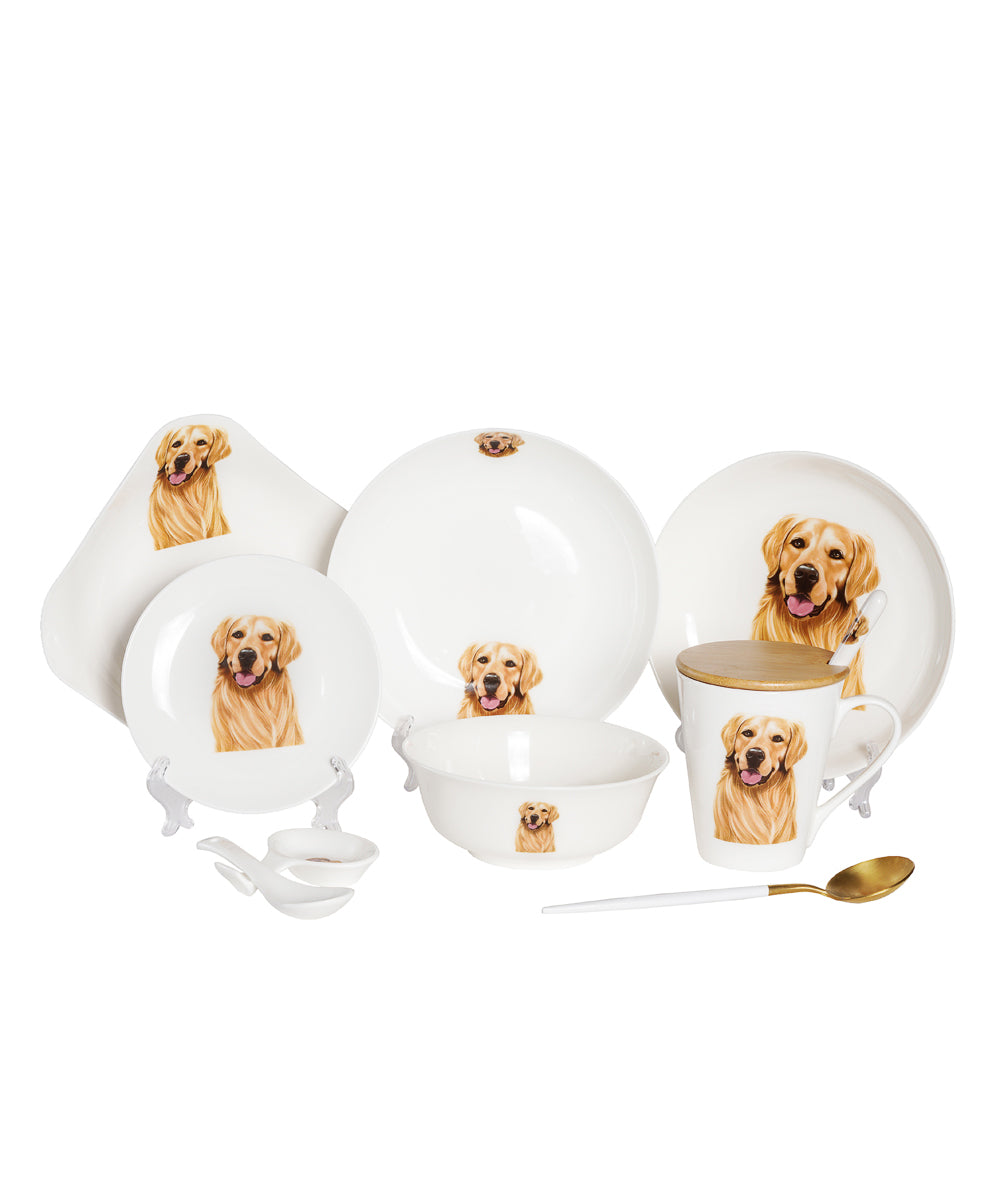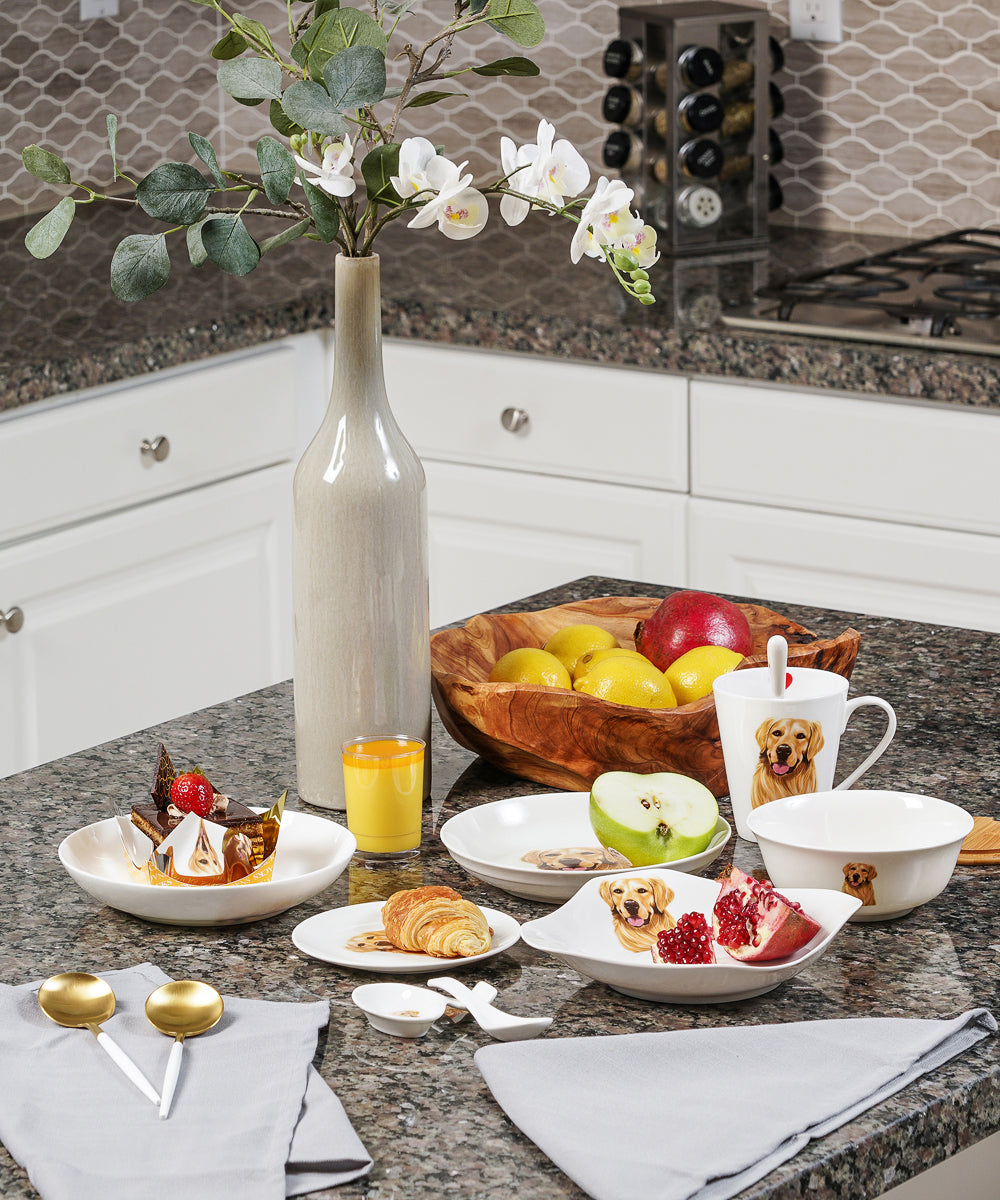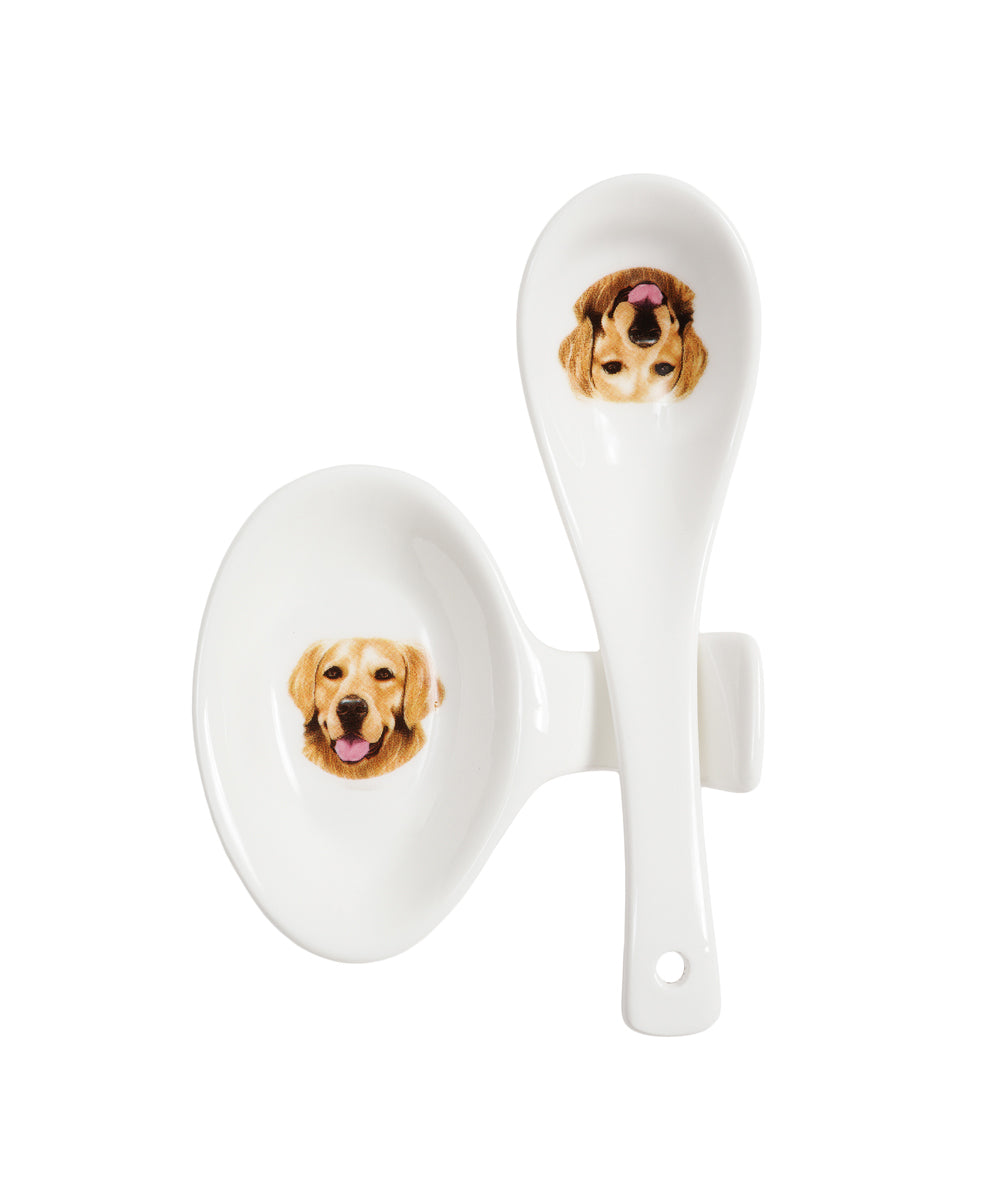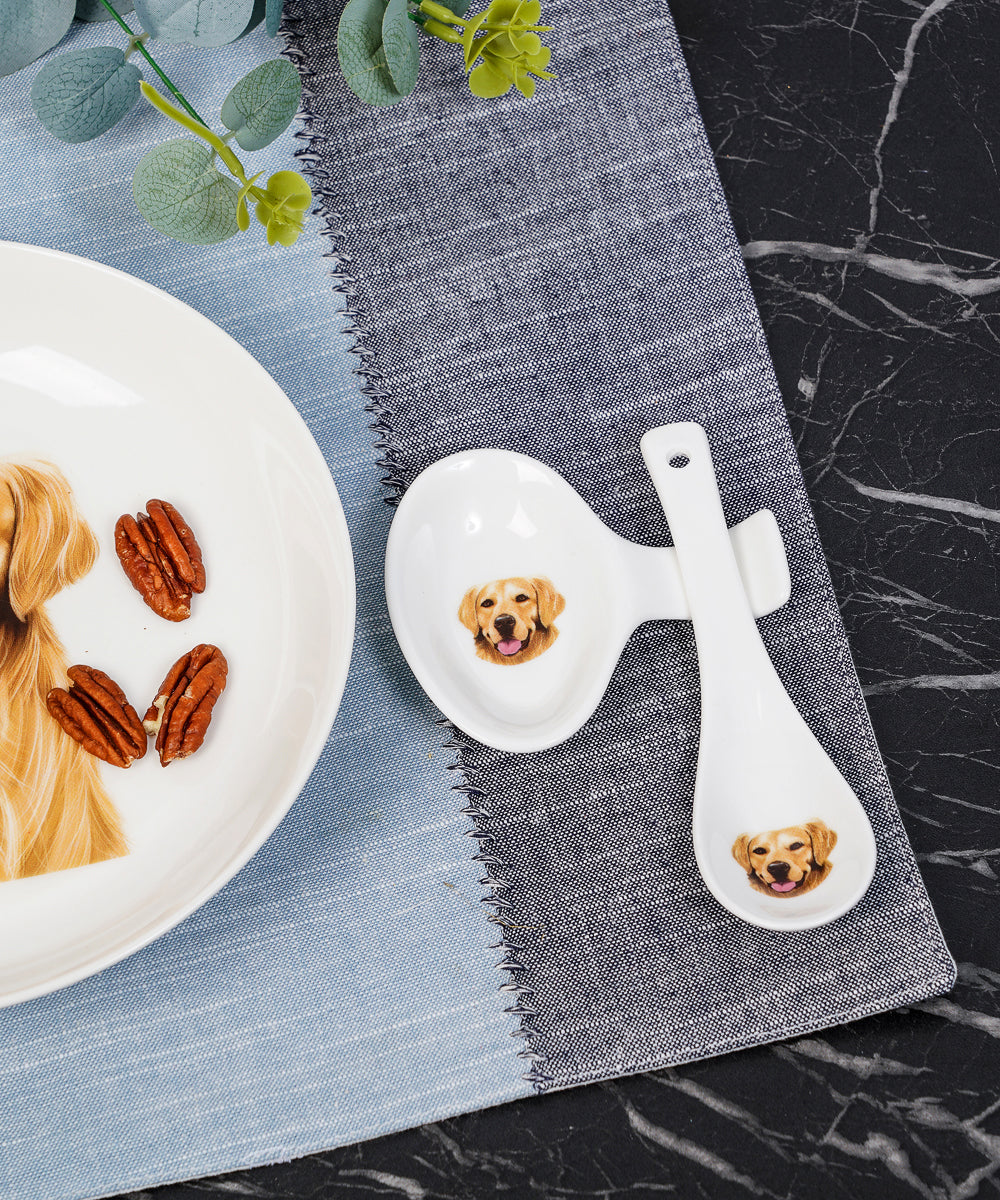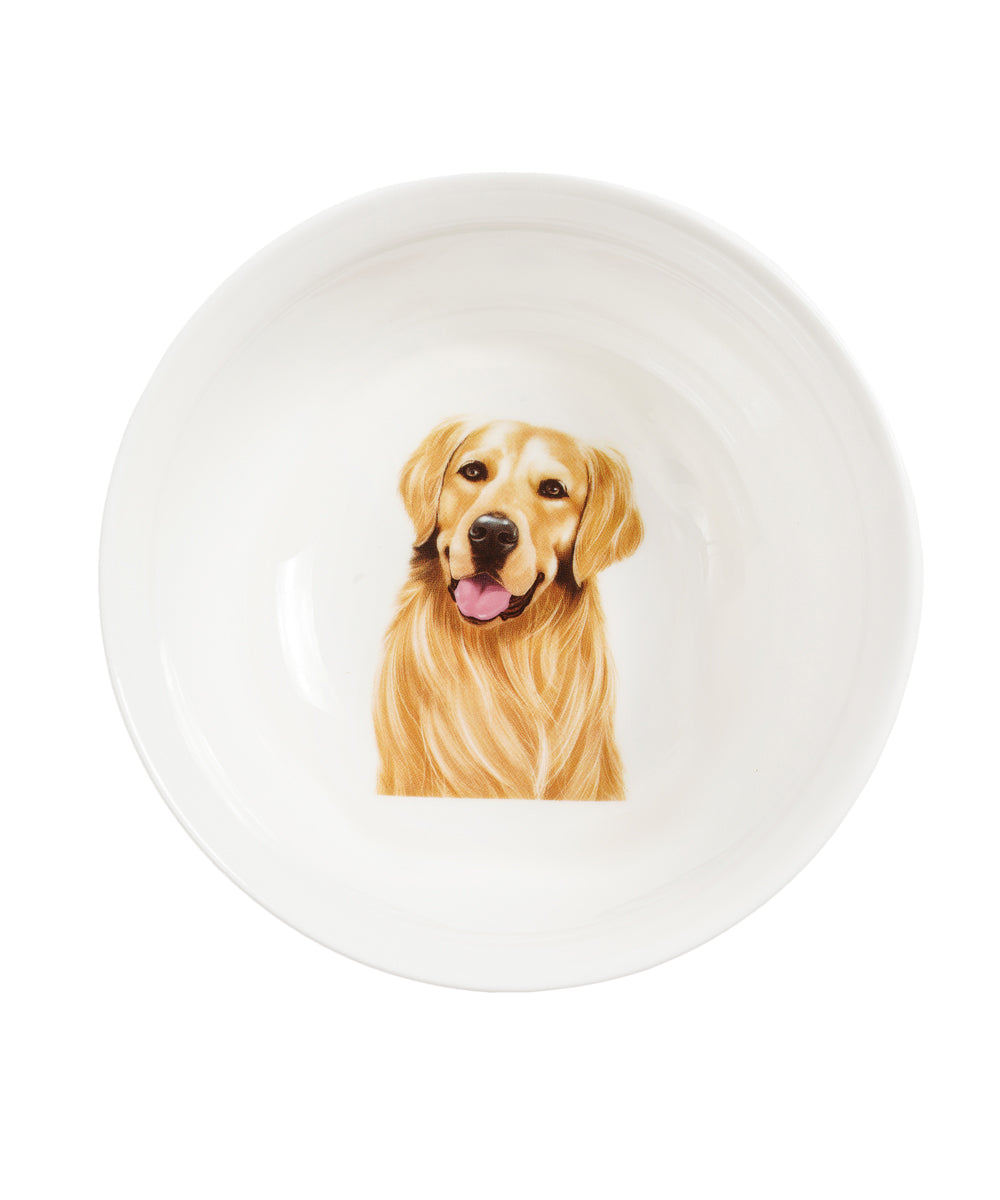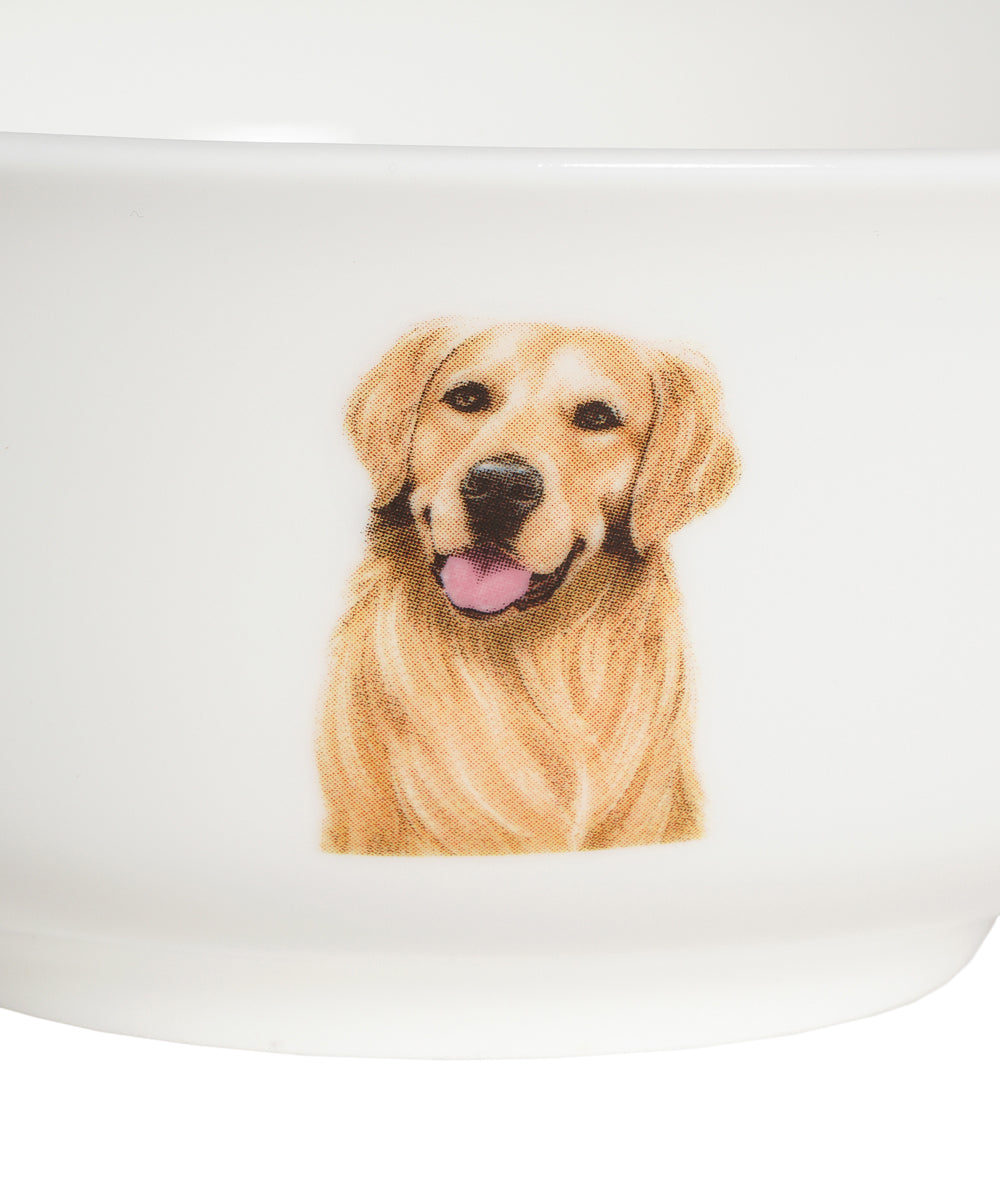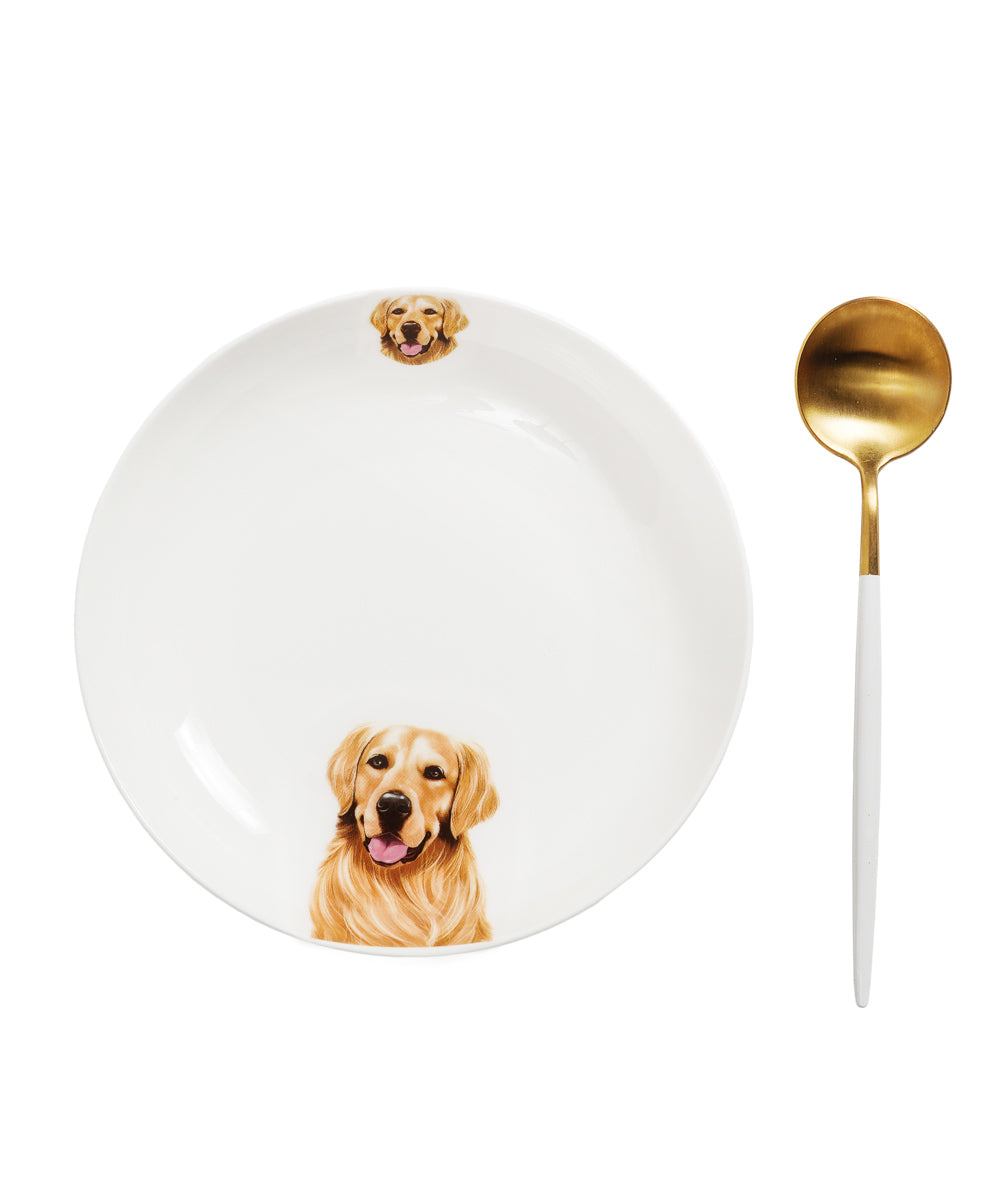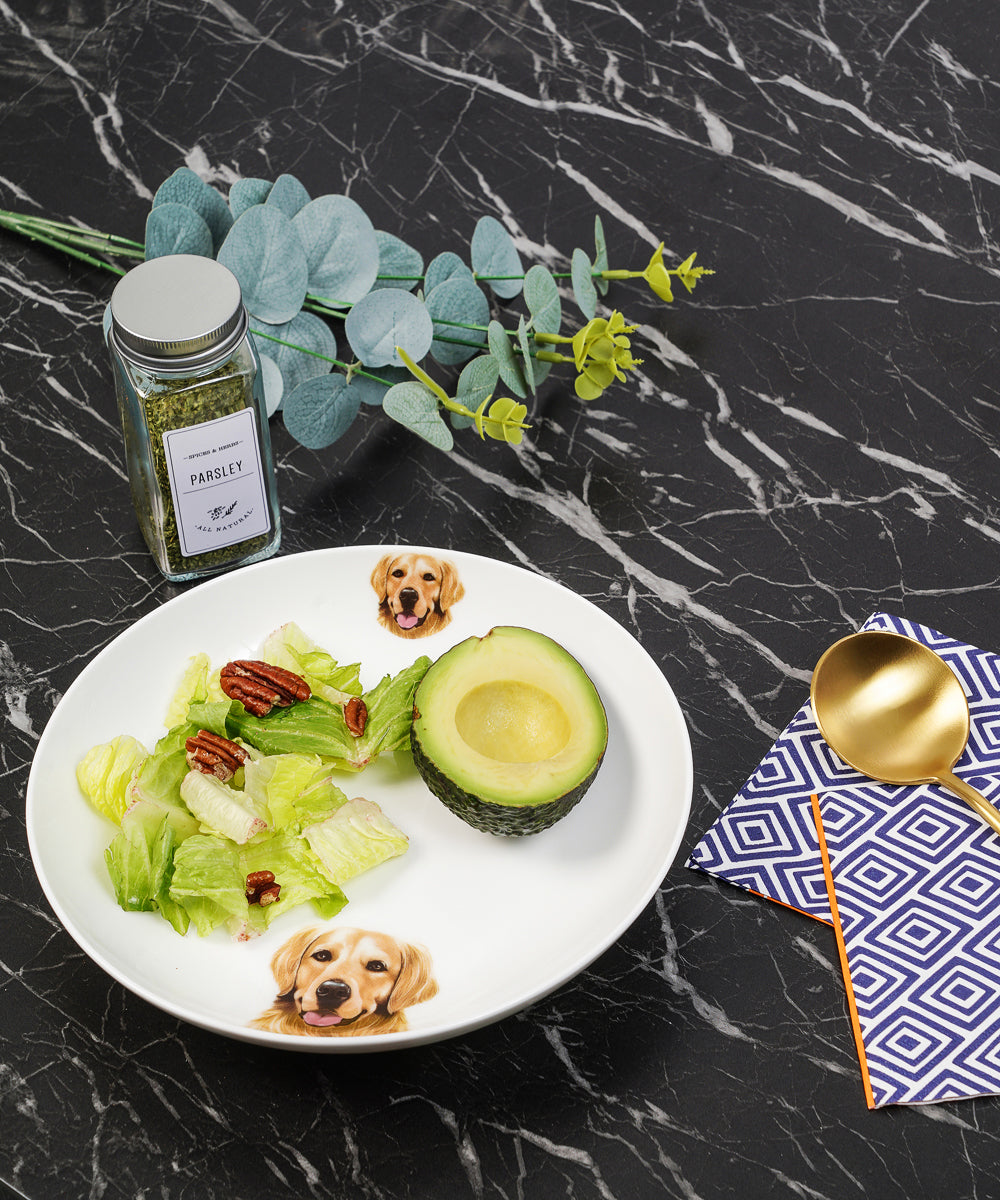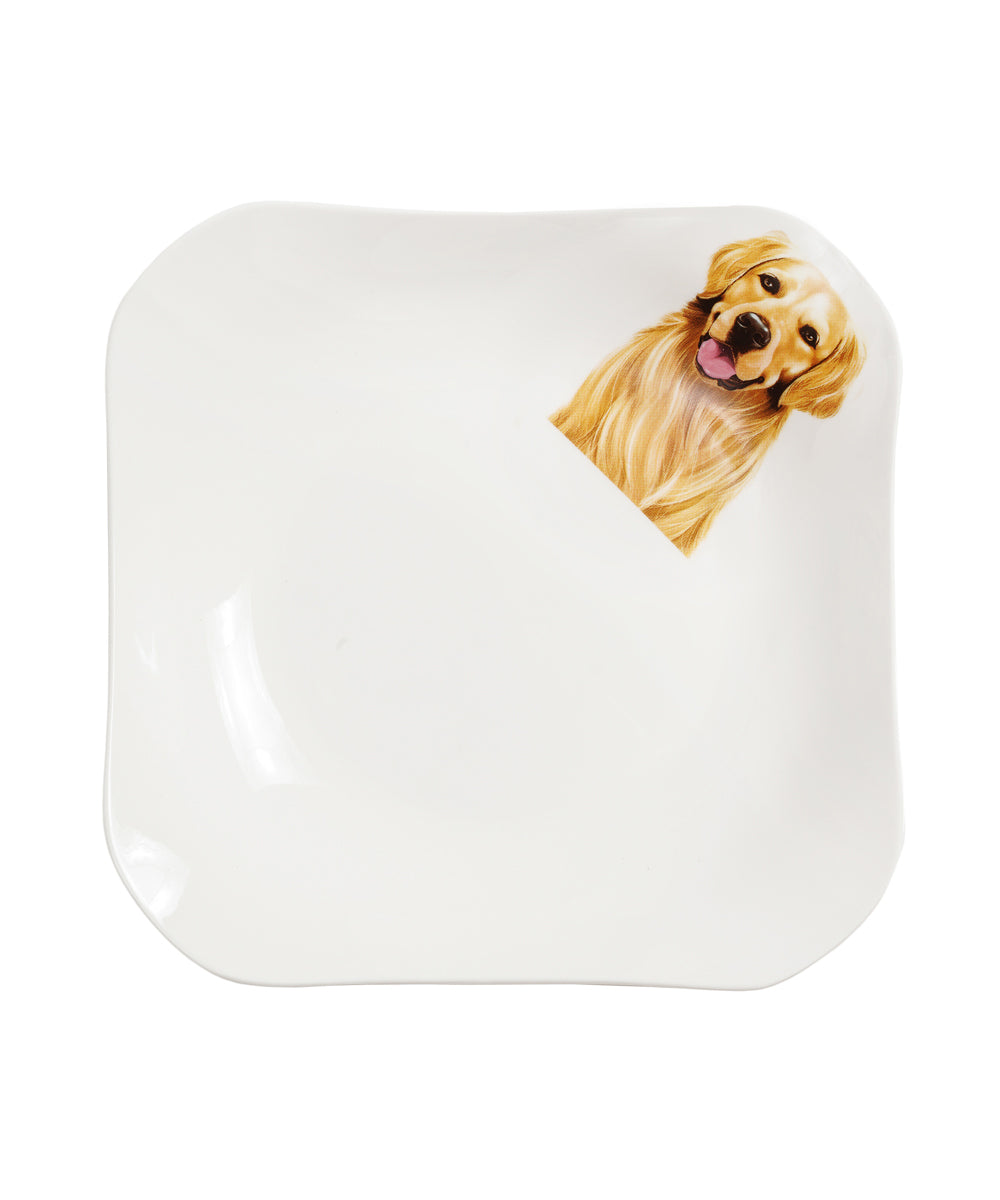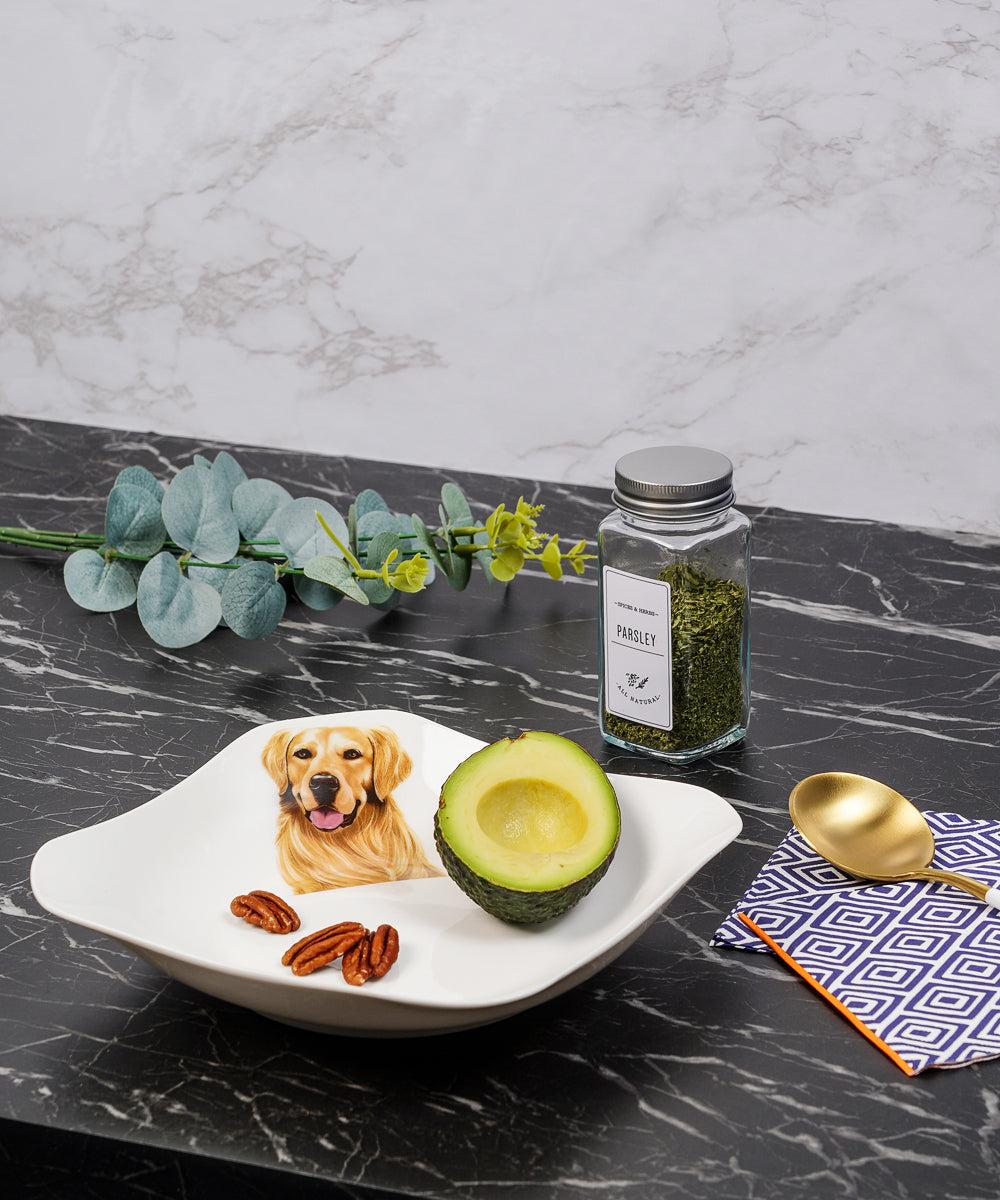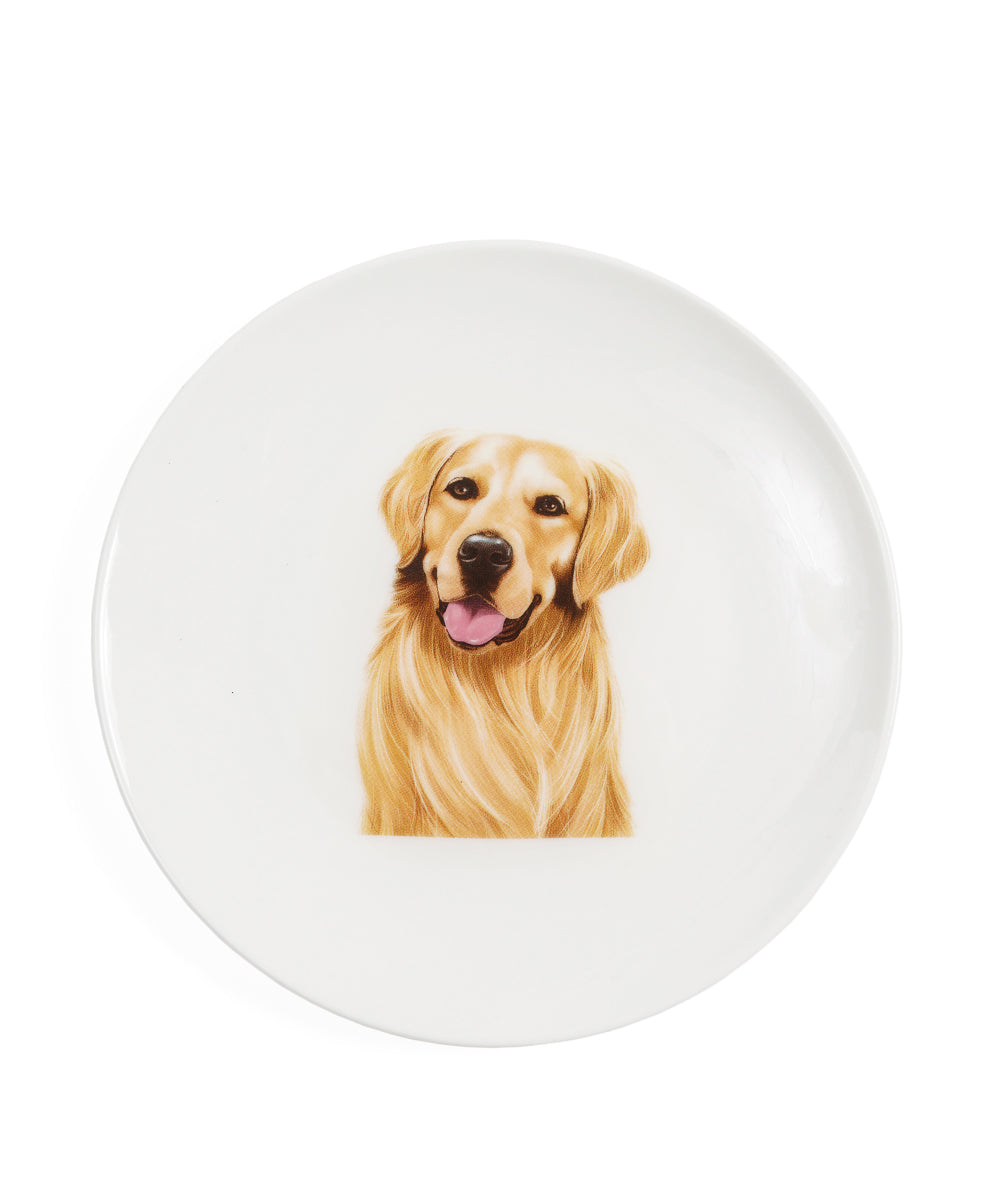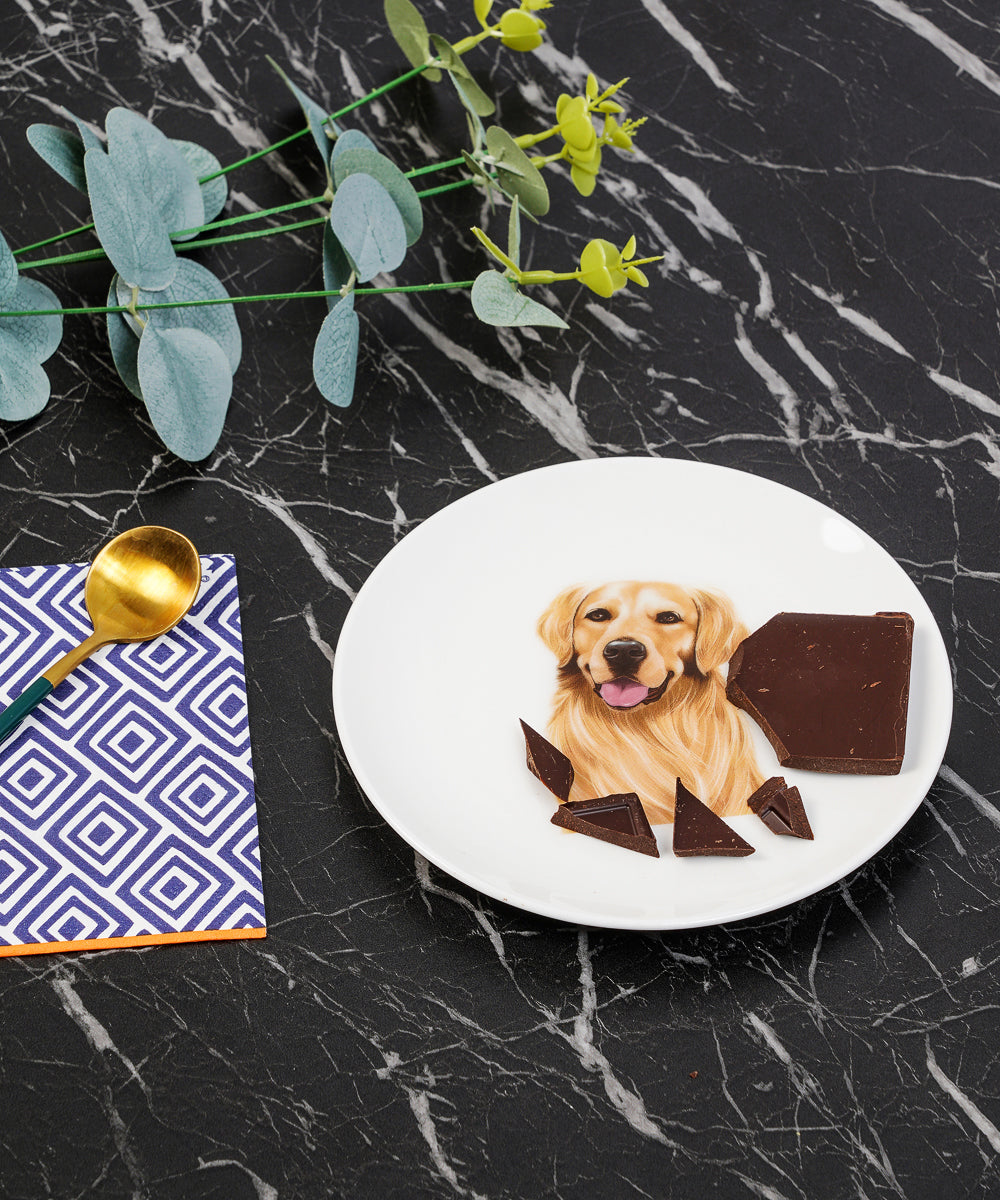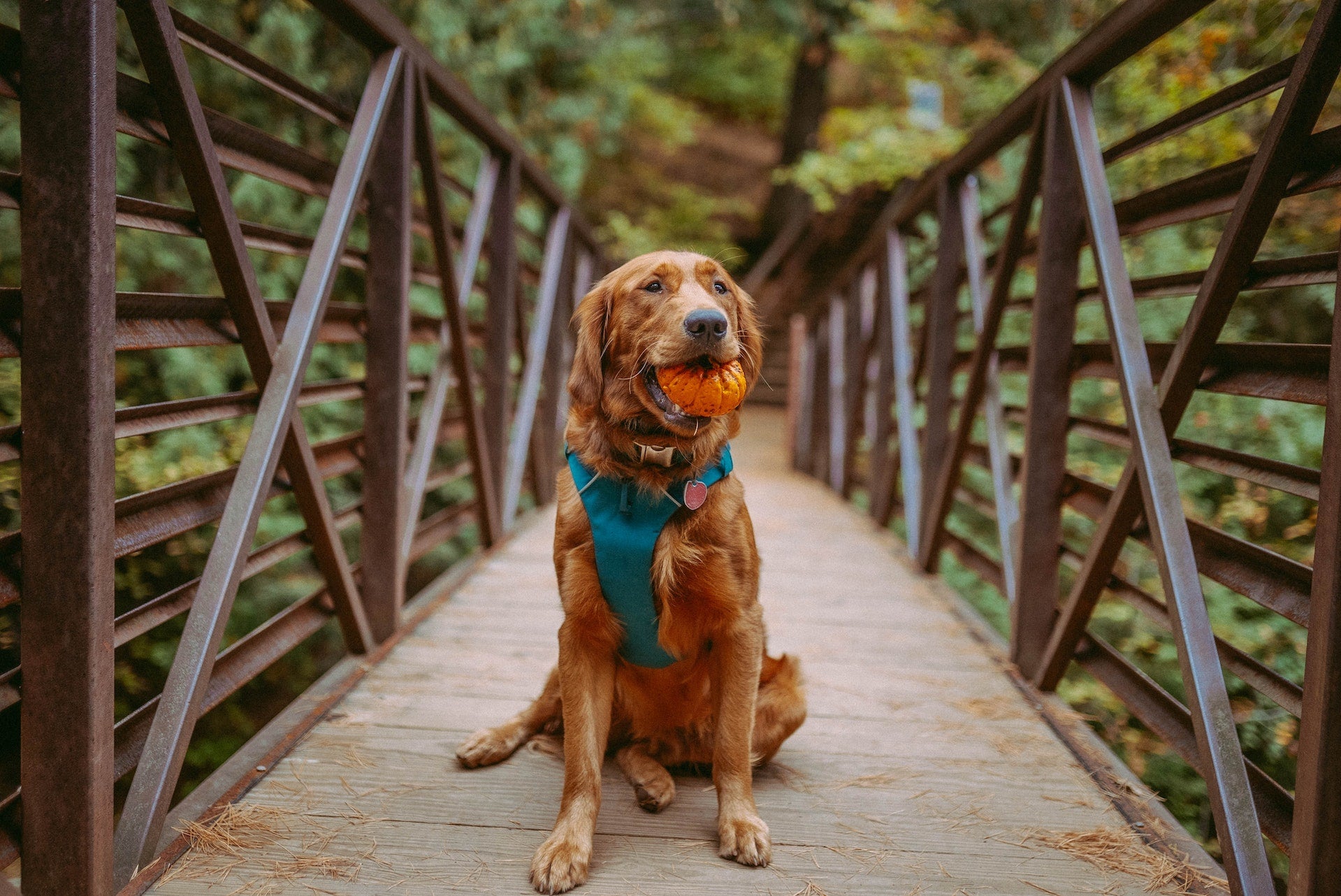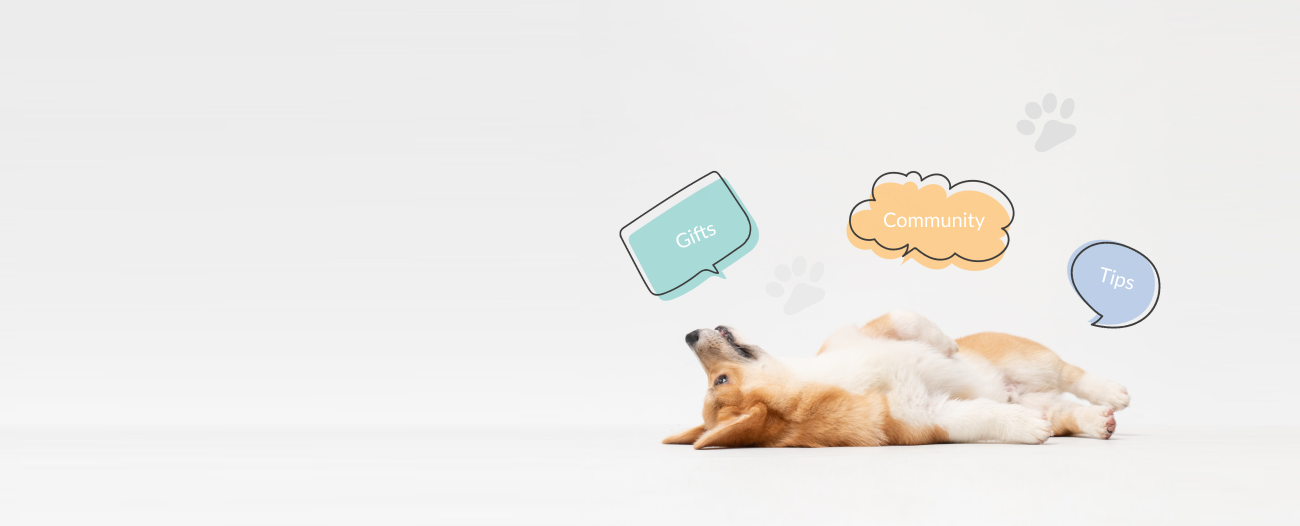Nutrition Advice For Feeding Golden Retrievers
You may have noticed that your Golden Retriever loves to eat. Given their size and energy, golden retrievers have an insatiable appetite. They'll consume a lot of food. Yet it's seldom a good idea to give your Golden too much food, and you should avoid it. However, can be challenging to figure out the exact amount when feeding Golden Retrievers.
This article covers valuable information on nutrition for golden retrievers.
Optimal Quality And Quantity
The optimal meal for feeding Golden Retrievers is a protein-rich, high-quality meal with 18-22% protein. Moreover, this breed may obtain nutrients from fruits, vegetables, and grains.
But, for ultimate health and longevity, they should consume an appropriate amount of protein, lipids, fiber, minerals, and vitamins.
It is also essential to understand the amount of food your Golden Retriever should consume. On average, an adult female Golden Retriever should receive two cups of food each day. Around 3 1/2 cups per day are the recommended quantity for male golden retrievers. On the other hand, larger Golden retrievers will need four to five cups per day, mainly if they are very active.
Less energetic, smaller golden retrievers need only 2 1/2 cups daily. If you leave your Retriever at home while you go on vacation, they won't get as much exercise or playtime. Their calorie needs will reduce so significantly that you can decrease them in half.
Nutrition For Rapidly Growing Puppies

Most commercially available dog foods recommend serving sizes that are significantly larger than what vets recommend. The following is a suggested diet for infant Golden Retrievers:
- A 10-week-old puppy needs a half cup of food three times a day.
- When they are five months old, give them three cups per day. Once they reach six months old, give them three cups per day.
- When the puppies reach six or seven months, the daily amount should be increased to three and a half cups or even four cups for male puppies.
Slim Looking Puppies
Puppies are not too skinny if you can't notice their ribs. Even if you give your pet the recommended quantity and diet for infant Golden Retrievers daily, they may still appear lanky. This is normal for Goldens in their early stages, and Overfeeding will cause them to grow too quickly. Remember that dogs can't eat as much as they want in the wild. Instead, they must rely on hunting to meet their dietary needs.
How Much Food do Puppies Need After a Year?
When puppies are 12 to 14 months old, they don't need as many calories as they did when they were younger. When they are not nursing or pregnant, adult female Golden retrievers only consume about two and a half cups of food each day on average.
Male golden retrievers needed 3 to 3 12 cups of food per day. If most males remain active and receive inexpensive food, they will need four cups daily. It's also essential to consider how many extra calories they get from treats.
What Are the Nutritional Requirements for Feeding Golden Retrievers?

With so many options available, you may be concerned about feeding Golden Retrievers the required nutrition. Golden Retrievers have extensive dietary requirements. They are as follows:
- Proteins, lipids, and carbs are the three macronutrients.
- Minerals and vitamins
- Water
AAFCO, also called the Association of American Feed Control Officials, establishes the guidelines for what can and cannot be used in commercial pet foods and requires the nutritional profiles of all commercial dog foods to adhere to these standards.
Moreover, detailed profiles of canine nutrients are available in the MSD Vet Manual, and it even includes a full breakdown of the nutrients your Golden Retriever needs.
Checking Your Golden's Weight
It's essential to watch your dog's weight throughout its entire life. Get in the habit of feeling their ribs at least once monthly. Under their muscle and fur, you should manage to feel your Retriever's ribs. However, the ribs shouldn't be visible. If you can see their ribs, you must ensure they get more food. Likewise, reduce portion sizes if you are unable to feel the ribs.
Always remember that underfeeding a dog is preferable to overfeeding, particularly for puppies.





